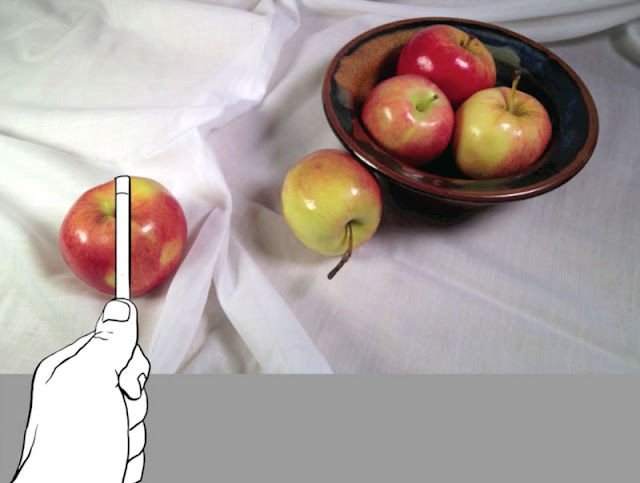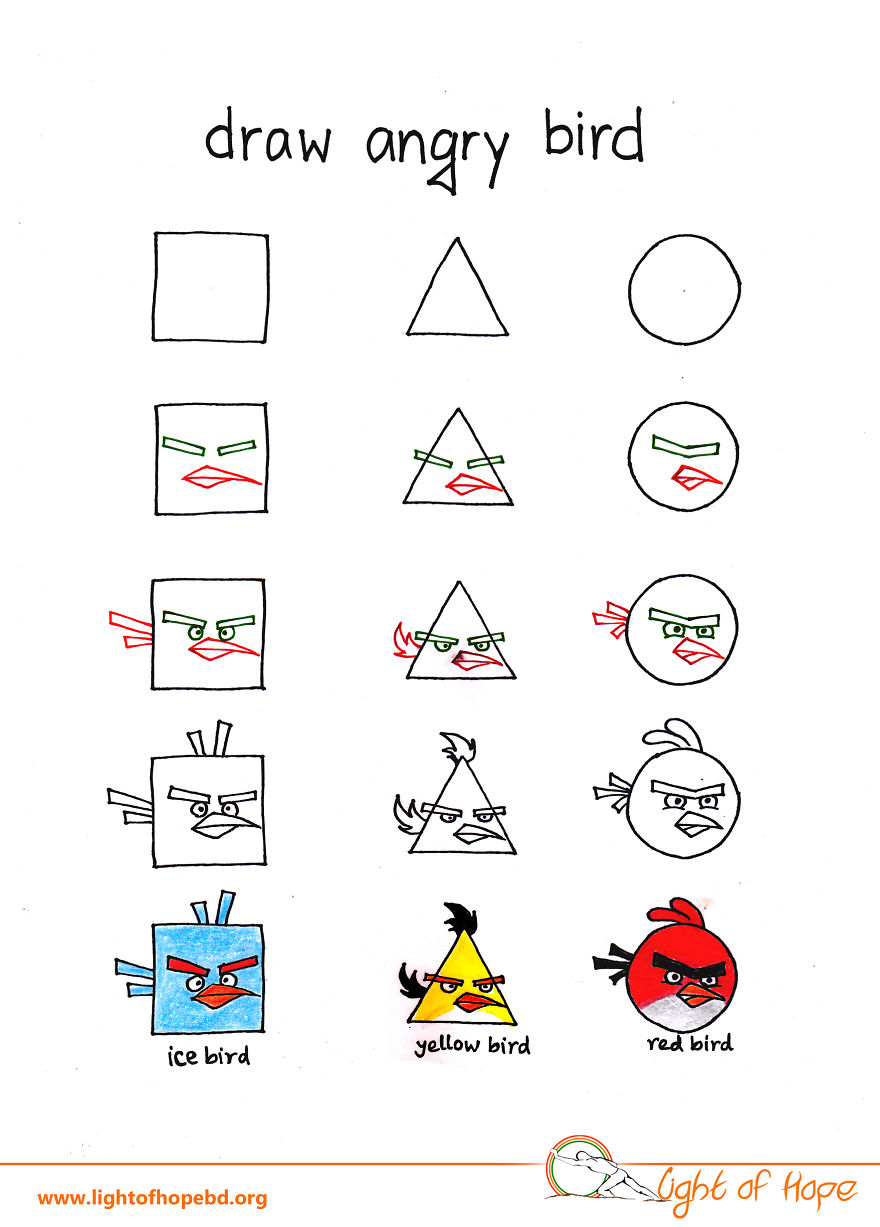Introduction to drawing proportions

This lesson is an introduction of a series about drawing proportions. It will mostly talk about basic concepts now, while talking in details about each aspect of these in the upcoming lessons. The most key aspect when it comes to getting things right is to practice what you learned after each lesson. So I highly advice to follow any exercise I give you. It’s not far-fetched to ask you to spend at least 5-6 hours of practicing for each 30 minutes to spend reading my posts, as just reading this blog won’t get you better at drawing. While you can get proportions right using rulers & other measuring devices, your end goal should be to train your eyes to do the measurement mostly by itself, or as close to that as possible. For a starter, you can simply use such measuring tools to help you understand the different proportions of the object you’re drawing, particularly when it comes to drawing complex objects you will draw often & get good at, like the human body. Once you find yo...



